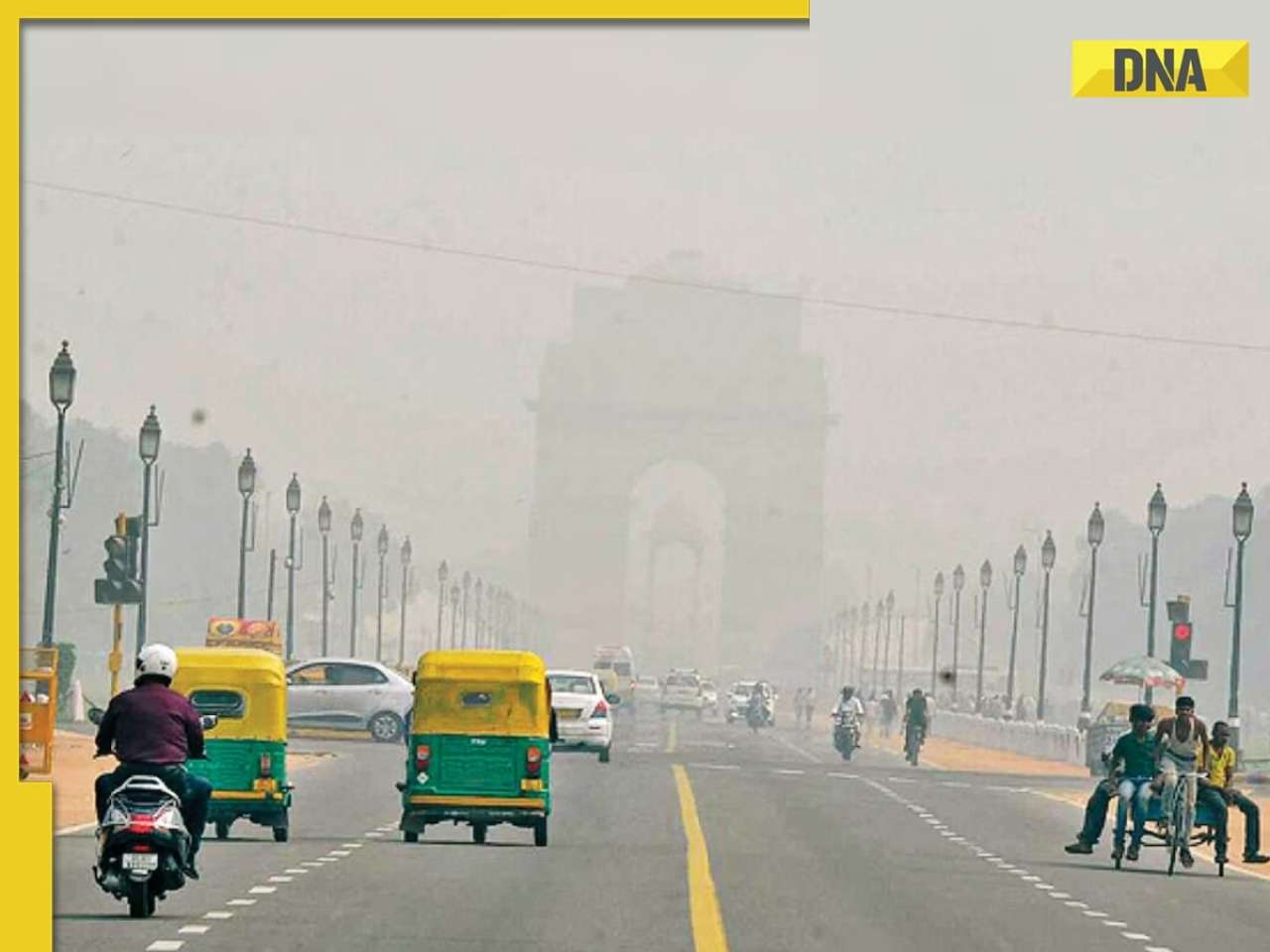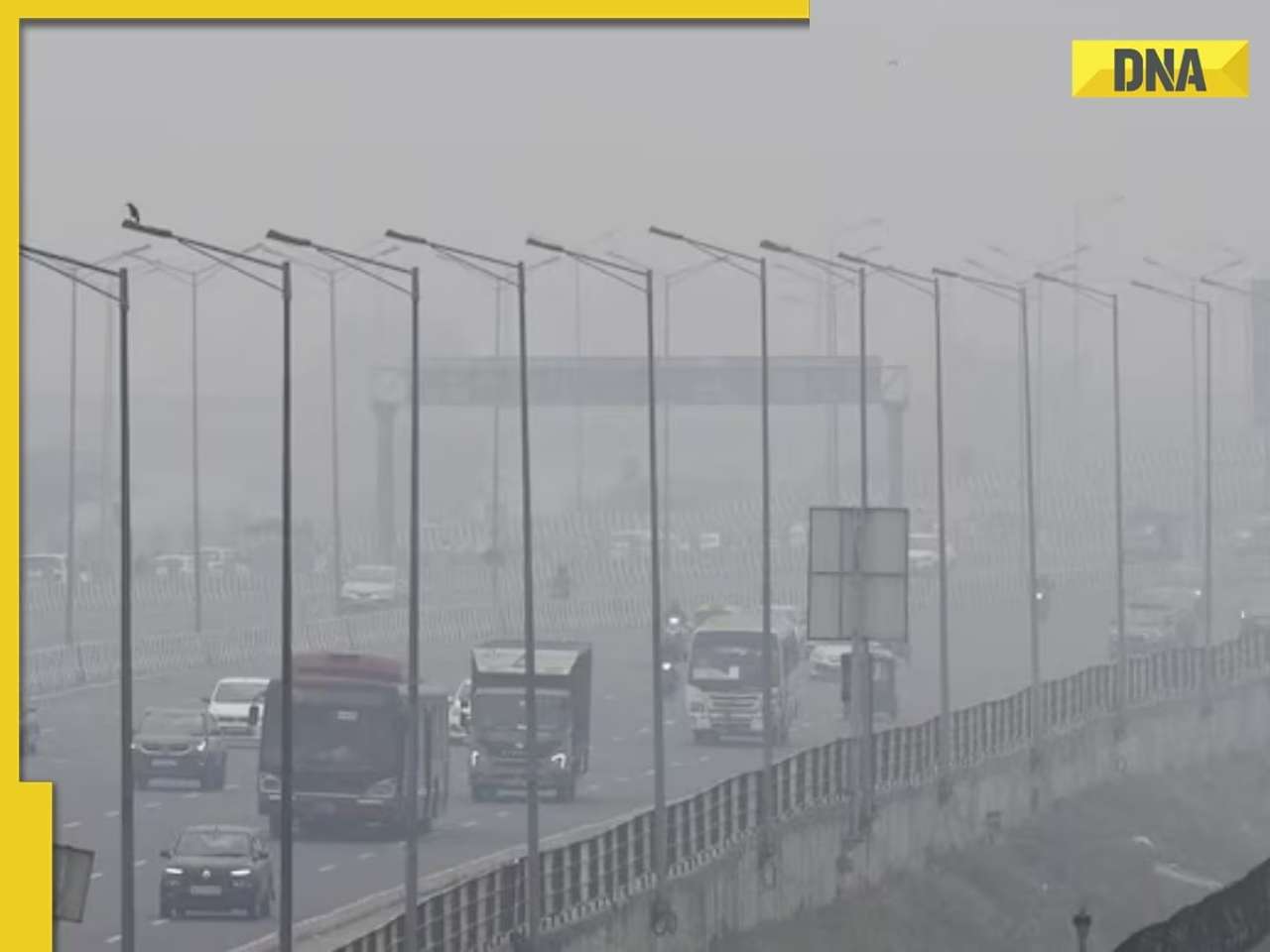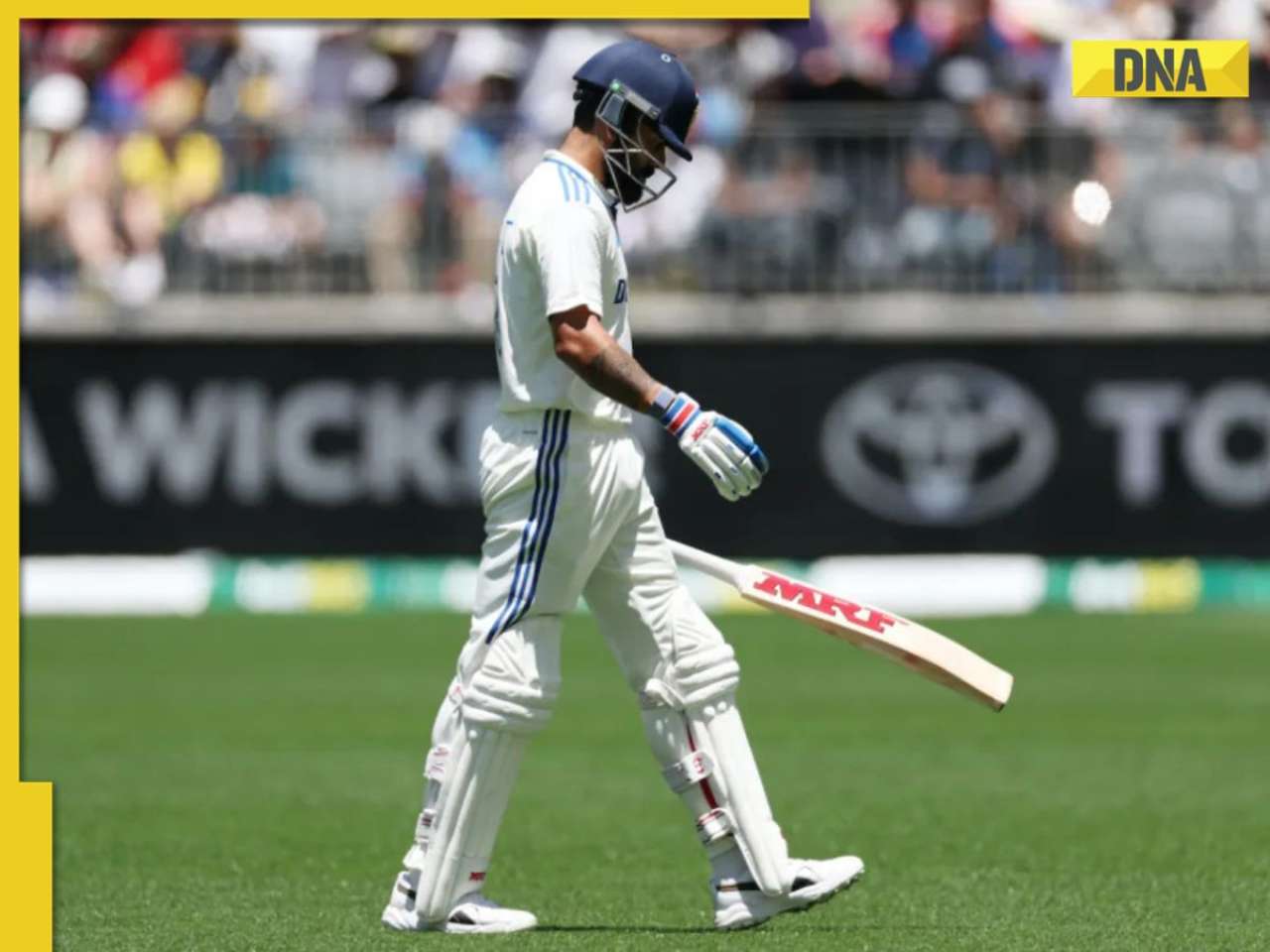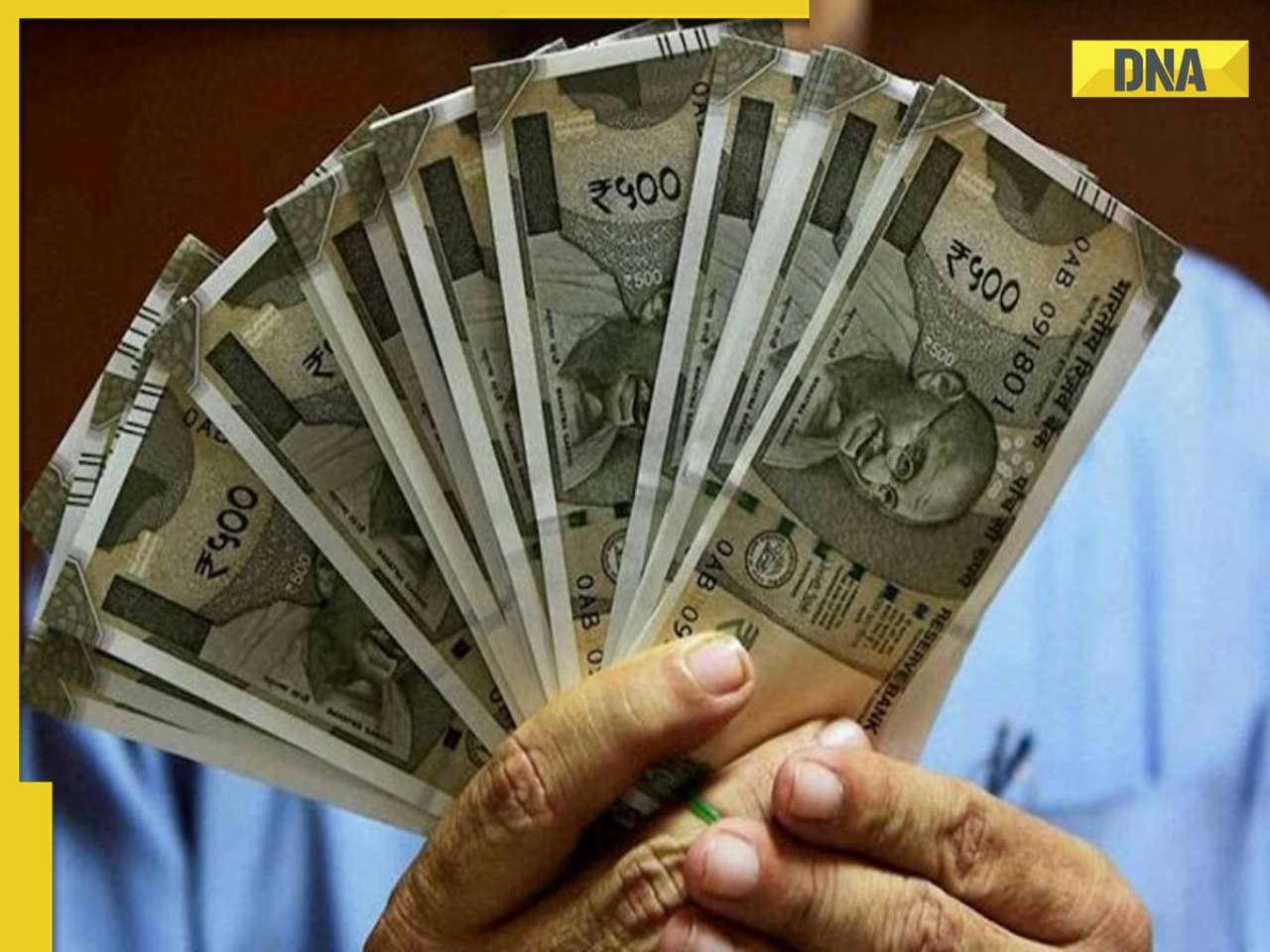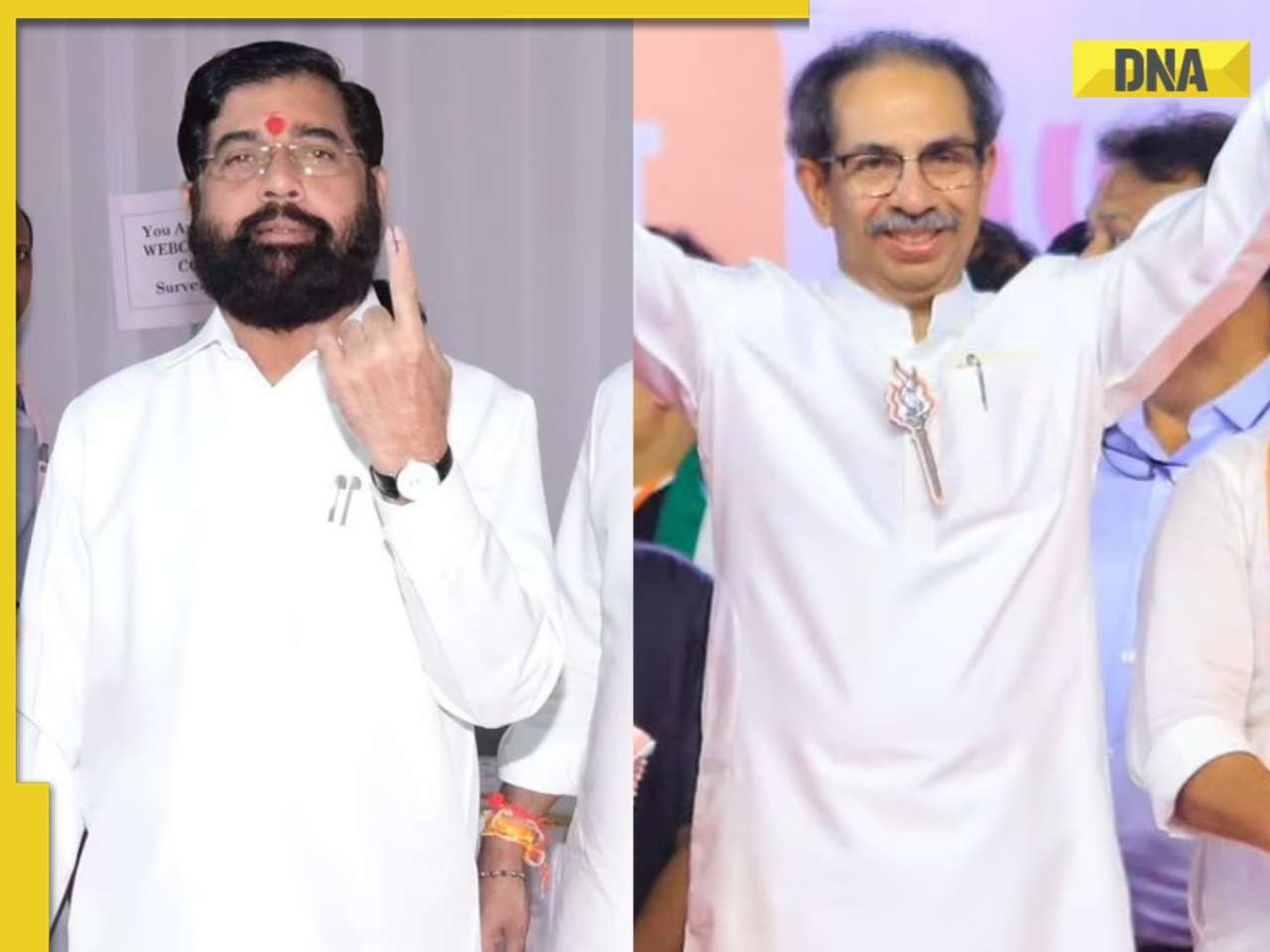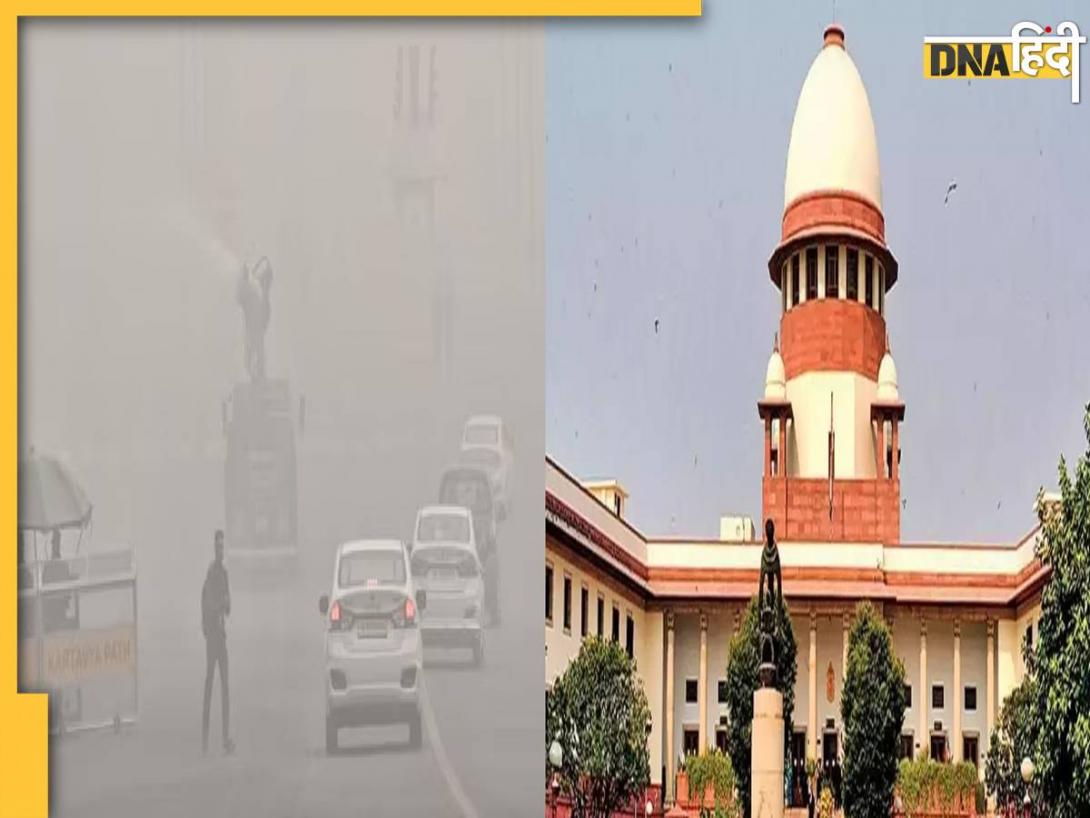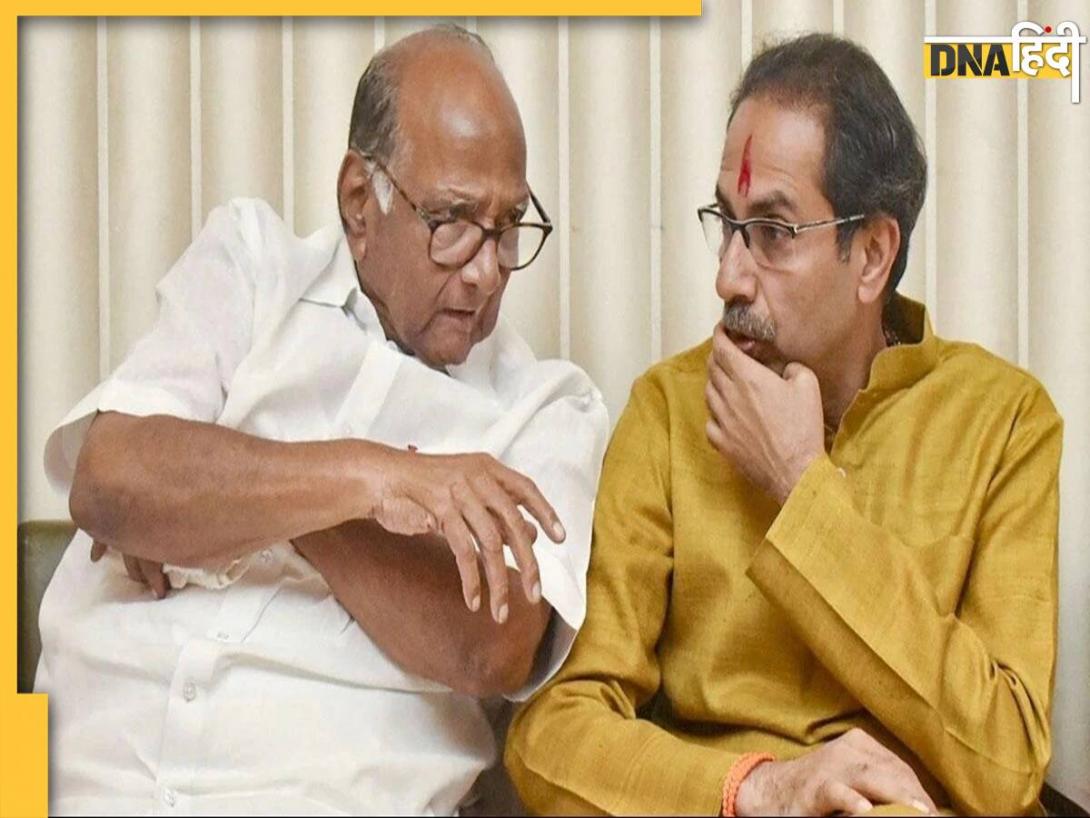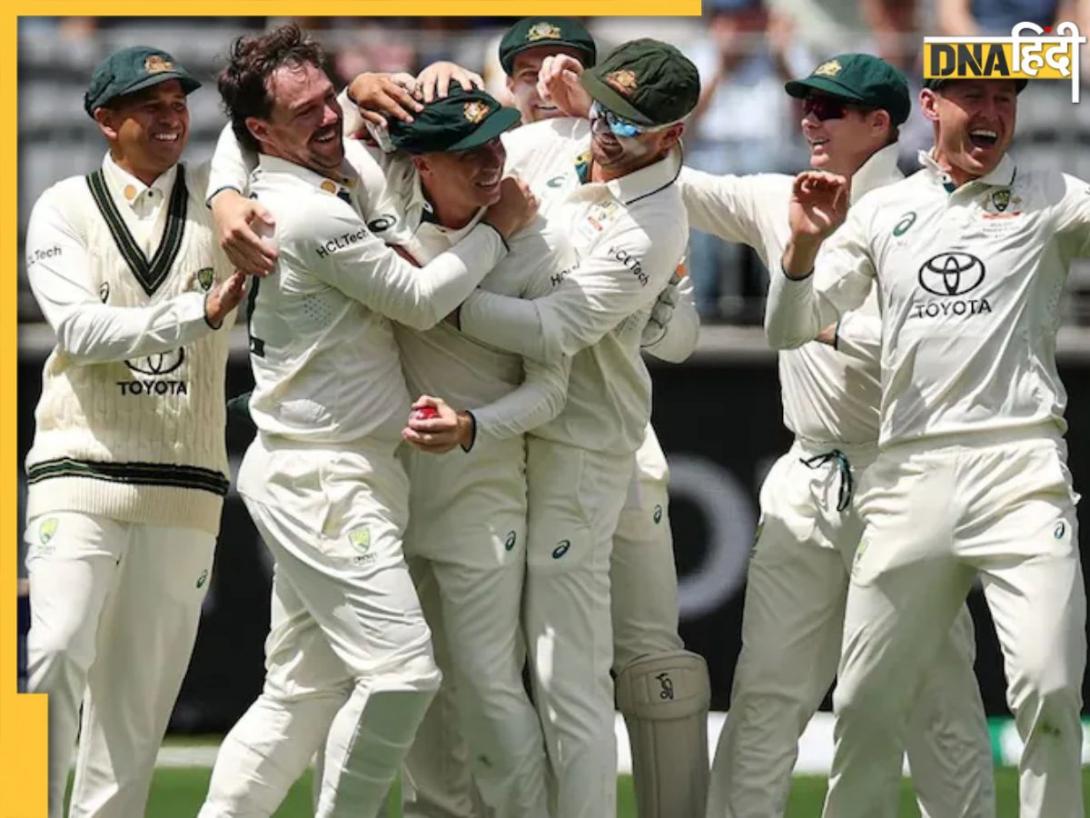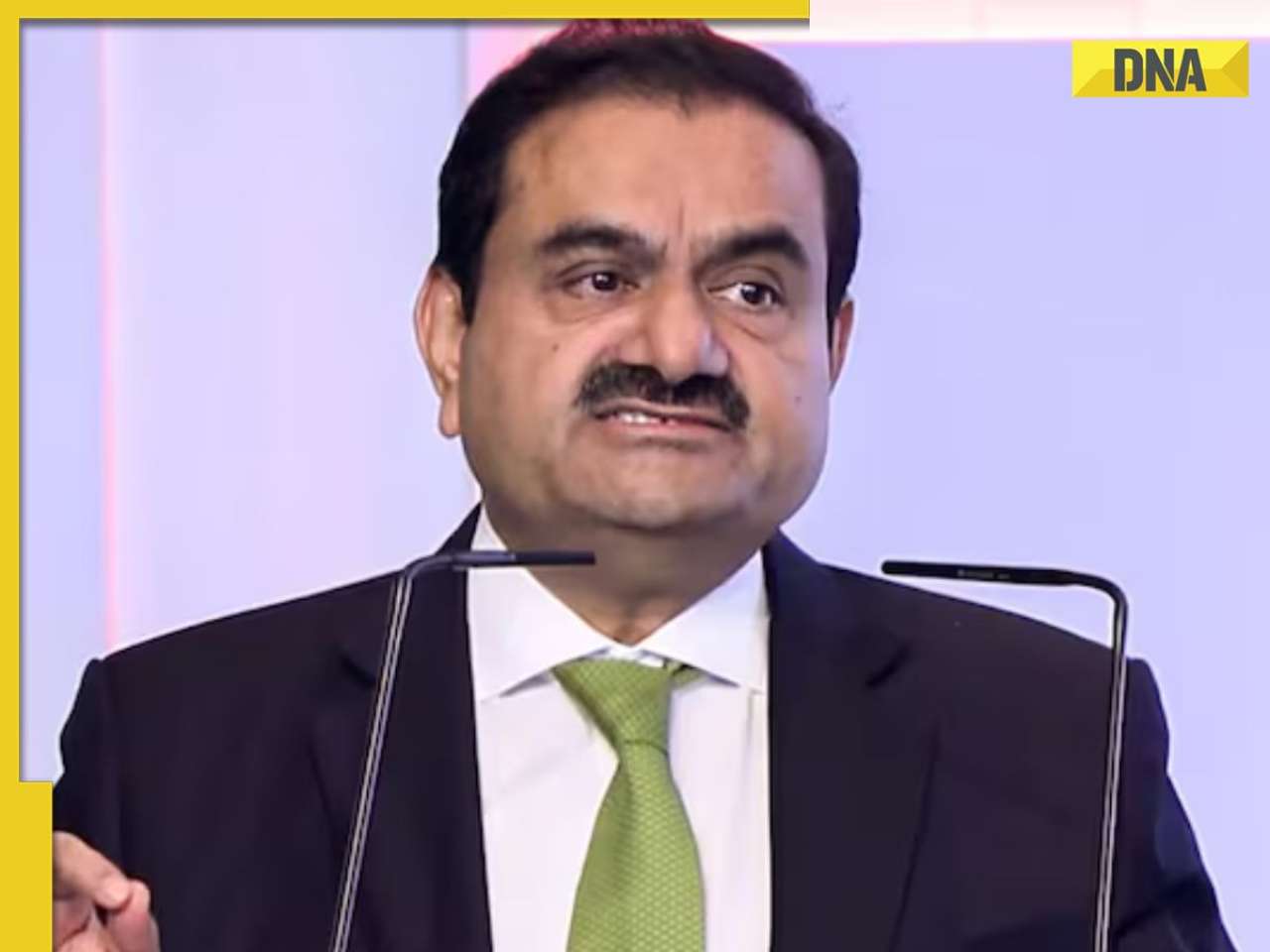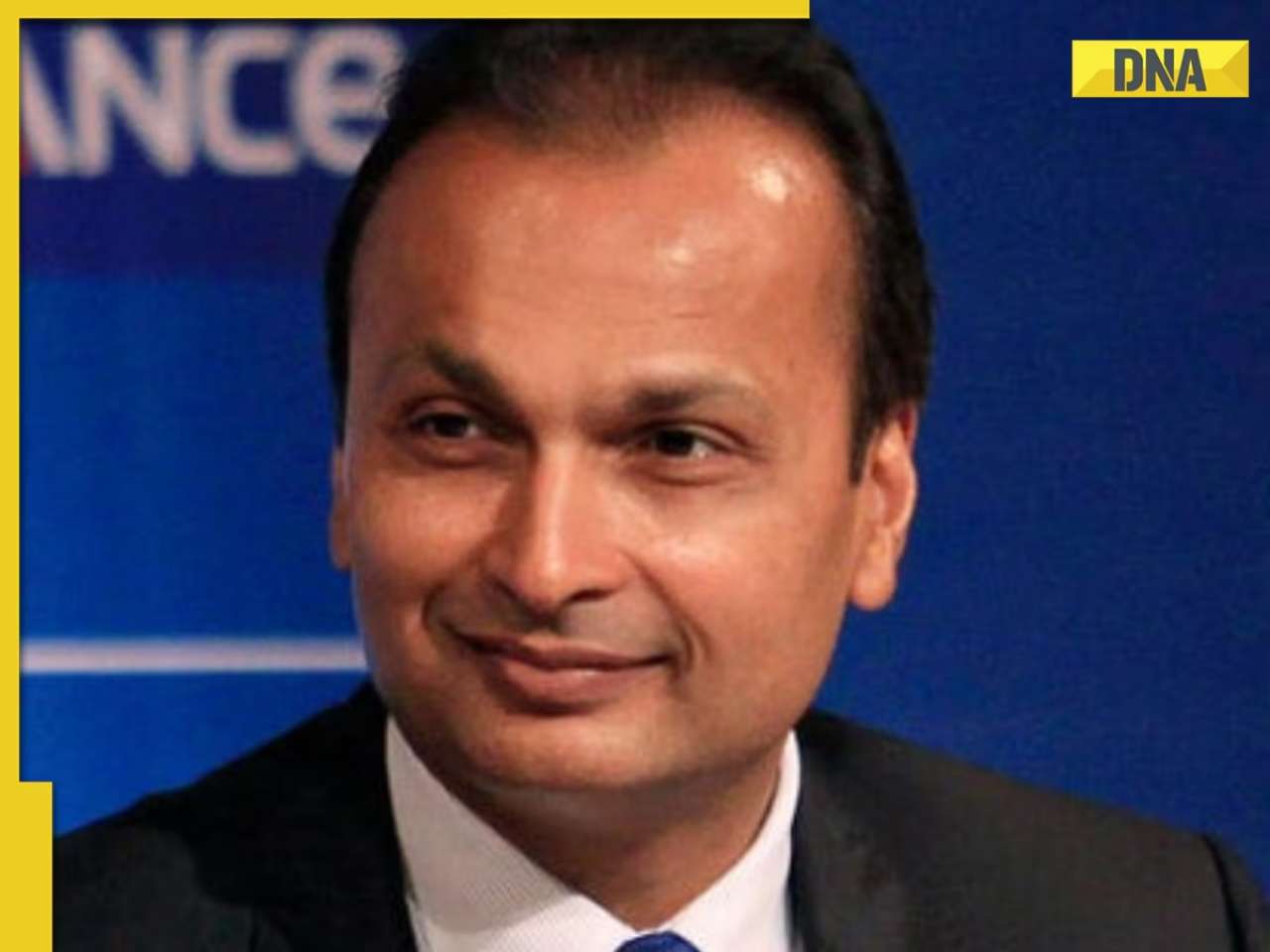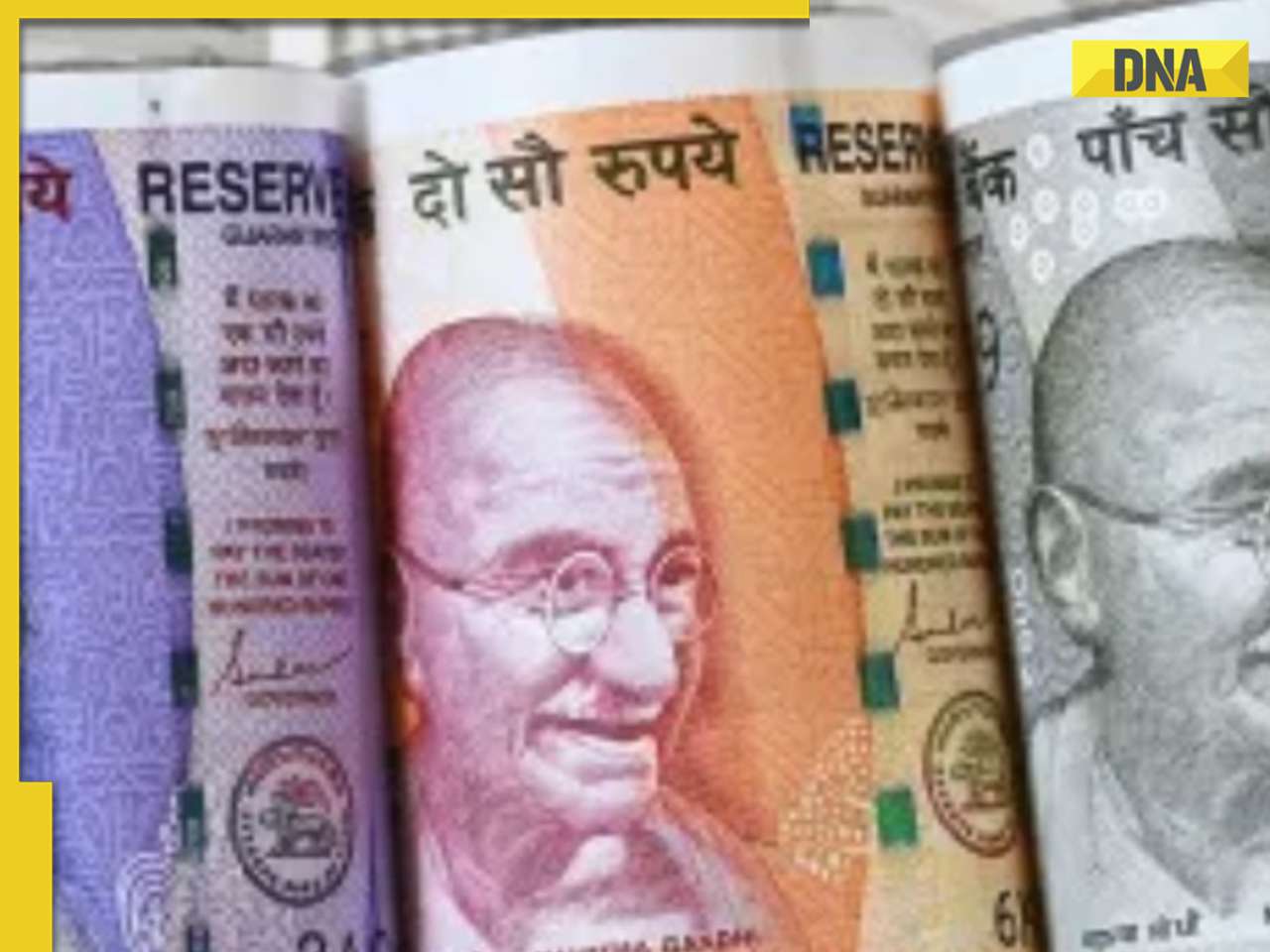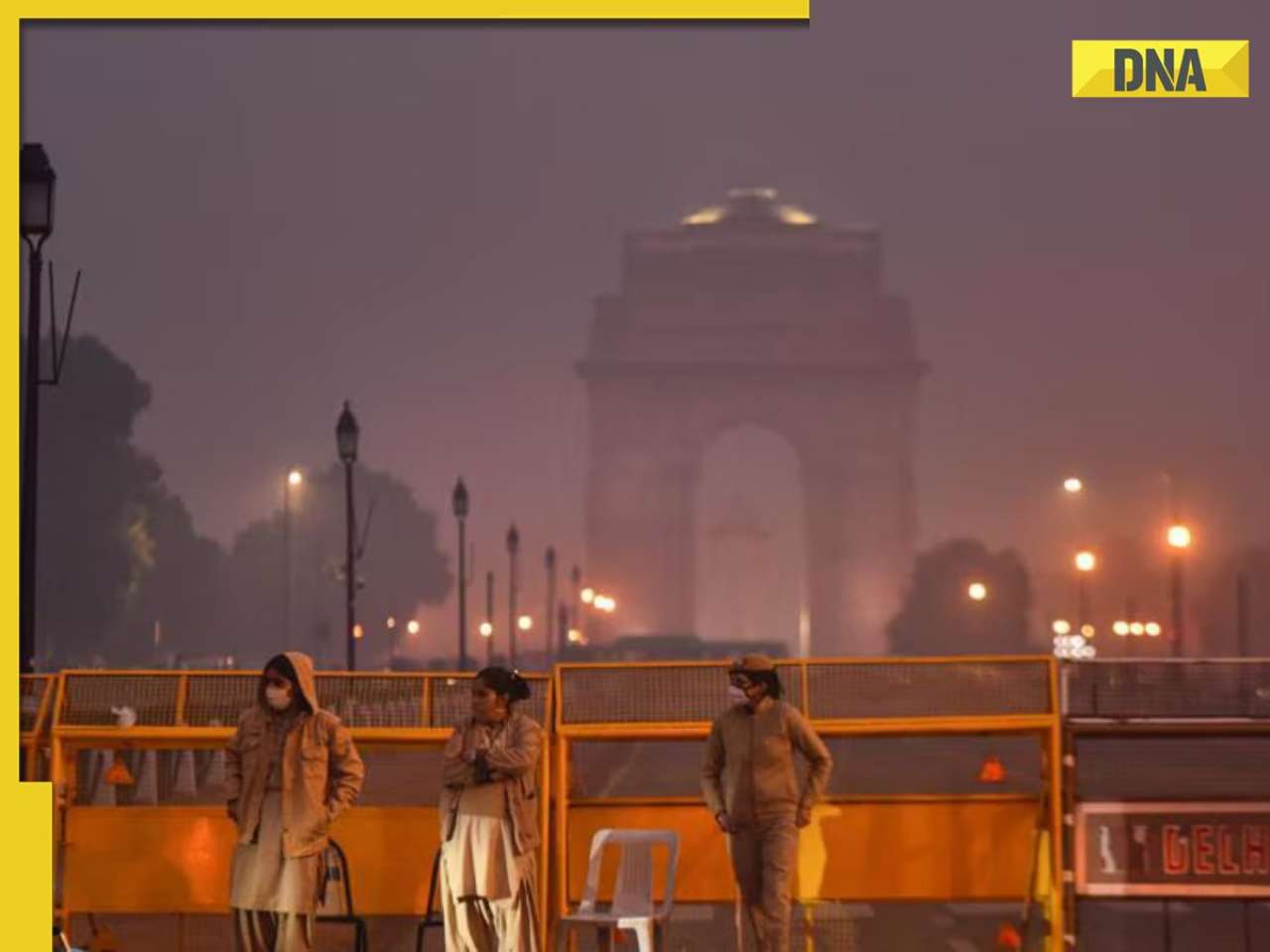- LATEST
- WEBSTORY
- TRENDING
ANALYSIS
Why aren't women and girls safe in India?
How do we make every place safe for women, men and others? How do we make freedom from fear of violence a part of who we are? By taking responsibility.
TRENDING NOW
As I sit down to write this, newspapers are reporting the gang-rape of a Mumbai journalist. People are posting the link everywhere, and in a while, comments and announcements about protests will follow. We’ve been here before. And then there are hundreds of other times when we should have been there to speak up, but haven’t.
Why aren’t India’s women and girls safe? Who is responsible for their safety? How should that safety be assured? Since December 2012, these three questions have become a fixture on the national agenda, as has the issue of safety, or more precisely, freedom from violence. But women and girls have always thought about safety. How could they not, when the threat of violence is pervasive and shadows them from conception through their lifetimes? Concerns about safety limit women’s mobility and activities and teach them to strategize everything from timings to travel to how to walk to the office or college toilet.
The Indian women’s movement has always raised the issue of violence—violence against women (or more broadly, gender-based violence that is directed at anyone by virtue of their gender) and the violence that follows from structural inequalities like caste, poverty or identity.
India’s library of laws dealing with violence against women are a legacy of the women’s movement’s many campaigns to find ways to deter this violence such as the Pre-Natal Diagnostic Techniques (Regulation And Prevention Of Misuse) Act, 1994, which addressed the growing problem of sex-selective abortion) or to offer justice to victims such as the very recent Sexual Harassment of Women at Workplace (Prevention, Prohibition and Redressal) Act, 2013, which offers the growing numbers of women who work outside their own home a process whereby they can complain about sexual harassment). This is historically consistent—social reformers and social movements in India have seen the law as the remedy for social problems and sought new laws or amendments to old ones. Examples range from Ishwar Chandra Vidyasagar’s successful advocacy for the Hindu Widows Remarriage Act, 1856, to the Right to Information Act, 2005.
We think first about the law—not because we are law-abiding—but because we repose primary responsibility for women’s safety in the hands of the state. We also see laws as expressing a larger consensus (which may or may not exist in reality) that certain kinds of behaviour are unacceptable to this society. When laws have not worked as we imagined they would, we assume it is because they were not properly implemented. The police are corrupt, we say, and the judicial system takes too long. When violence against women occurs, it’s because someone else failed—the police, the courts, the law and order apparatus, governance, politicians.
Concerns about women’s safety are expressed in paternalistic terms—how do we keep “our women” safe—our mothers and sisters, daughters and daughters-in-law, cousins and friends? Protectiveness is one way to express we care, but in the context of violence, it takes the form of restricting mobility, choice and freedom.
Protection against violence outside the home becomes the pretext for control. A different category of violence emerges when education is interrupted, livelihood options are (de)limited and choice of friends and life-partners restricted or dictated. Women are told—wear this, do that, don’t go there, don’t talk to such people, don’t make eye contact. Discussing harassment situations at workshops, we learn that the “victim” should have said “no” clearly and firmly. Women are safe when they behave and speak in ways that ensure their safety. Women are unsafe when they make unsafe choices (dress, work, any).
This logic is extended, when the home is described as a “safe haven;” if women want to be safe, they should stay at home. But the home is not safe either. If the streets are full of marauders who are easily tempted into violence, predators lurk in the home. As much as they are the individual who beats and tortures a spouse or the relative who gropes, fondles or rapes the vulnerable, predators are also the family that thinks that a baby girl is a lesser child, that cousins are promised to each other or that the resident domestic worker also offers sexual services.
There are no safe havens for women. Nor, I believe, should there be. The idea of a safe haven to me seems to endorse the idea that it is acceptable that other places are unsafe. I say, it’s time we dumped that idea altogether.
How do we make every place safe for women, men and others? How do we make freedom from fear of violence a part of who we are? By taking responsibility.
Yes, laws matter and governments are responsible first and foremost, for public safety. Yes, we should be careful and thoughtful about potential risks. But we—each of us, all of us, together—also bear responsibility together for the world as it is and as it should be.
The first step is to recognize violence as “violence.” Groping is not acceptable because a girl got on a crowded bus. Staying on to work with the team to meet a project deadline is not seduction. A slightly shapeless roti does not warrant punishment. Enforcing male preference by abusing diagnostic techniques is not freedom of choice. Having been in a relationship does not deprive someone of the right to say ‘no.’ To see violence where we would see lack of caution, poor choices, justice of a sort, passion or punishment—that is the starting point. After December 2012, we may be closer to that starting point than ever before.
The second step is to learn practical ways to stop violence from happening around you. Bell Bajao’s excellent videos offer many examples of simple things that neighbours and bystanders can do to break a moment of violence. In an office situation, if someone looks uncomfortable in an interaction, one might just walk up and interrupt by asking a question. On a train, if women travellers are being heckled, one might appear to join them as a way of communicating that the harassment has been noticed. Within the family, making gender violence a conversation topic can help to share awareness on what is and is not acceptable even within close relationships.
Stopping violence does not need to involve confrontation and danger. It can be as simple as noticing and as sharing what one learns (from ideas to laws to helplines). Being alert and being considerate are more than half the battle won.
The third step is to know the law. We agitate for this law and that, and dissect drafts critically but do we know how to use the law? Are we willing to complain and stay the course? Reporting of violence against women is on the rise, happily, and this is where the role and functioning of the police and courts becomes relevant.
Taking responsibility, means finally, learning about support services (safe-homes and shelters; legal counselling; psychological and medical help; livelihood training) for survivors of violence and for their families. We should understand what services exist, and how we can strengthen those services—by volunteering time, by sharing resources or by making donations, at minimum.
Blaming the government, police and women, we will never eliminate the threat of violence against women (and others). By seeking and designating safe havens here and there, we force women to trade freedom for safety, citizenship for protection. But by owning and taking responsibility for a violence-free world, we start building the world in which we would like to live and we would like our children to inherit.
(Swarna Rajgopalan is a political scientist who works in the area of gender and security. She runs a think tank called Prajnya in Chennai. She is also the director of Chaitanya, that consults in the area of policy)

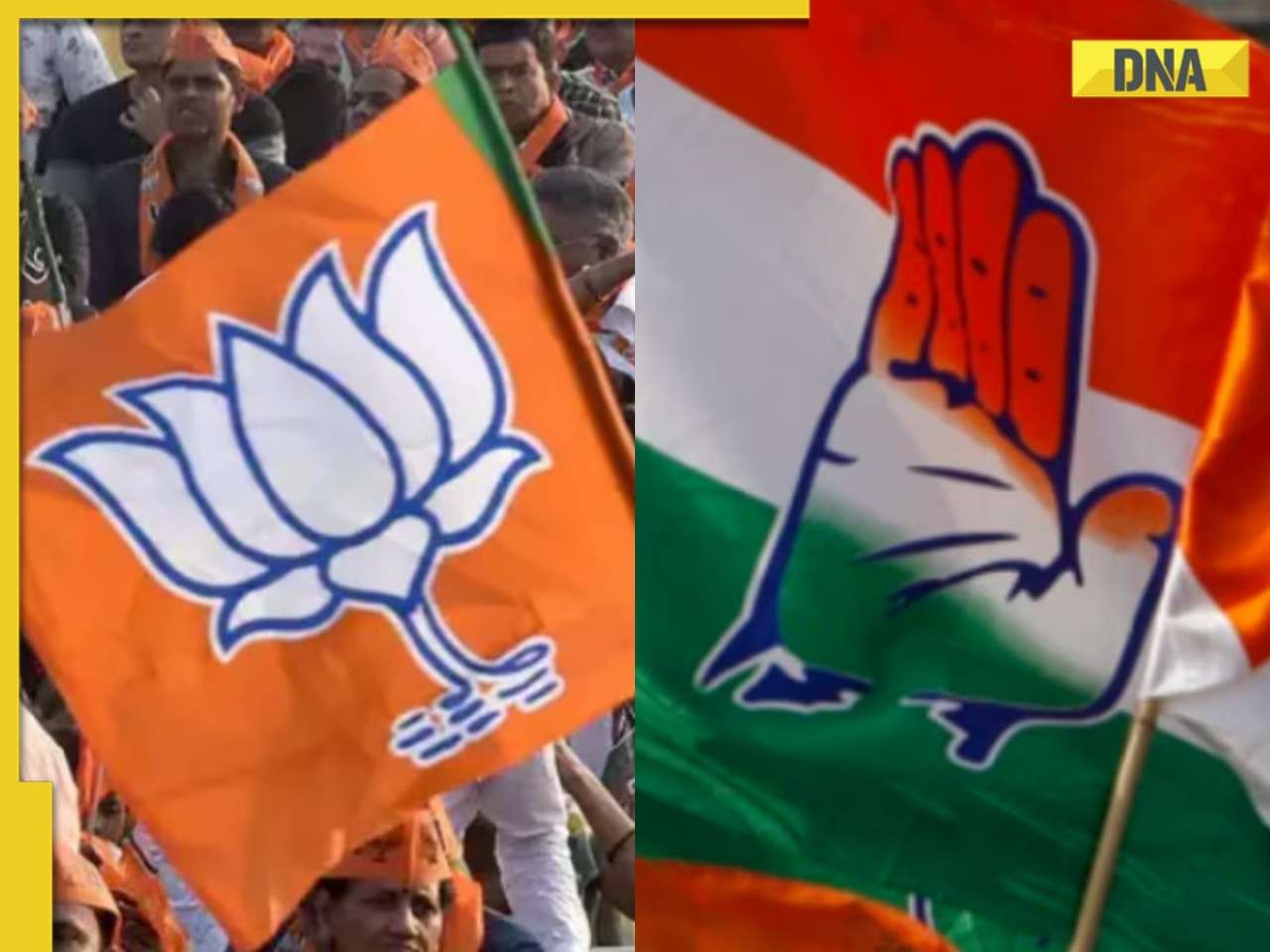
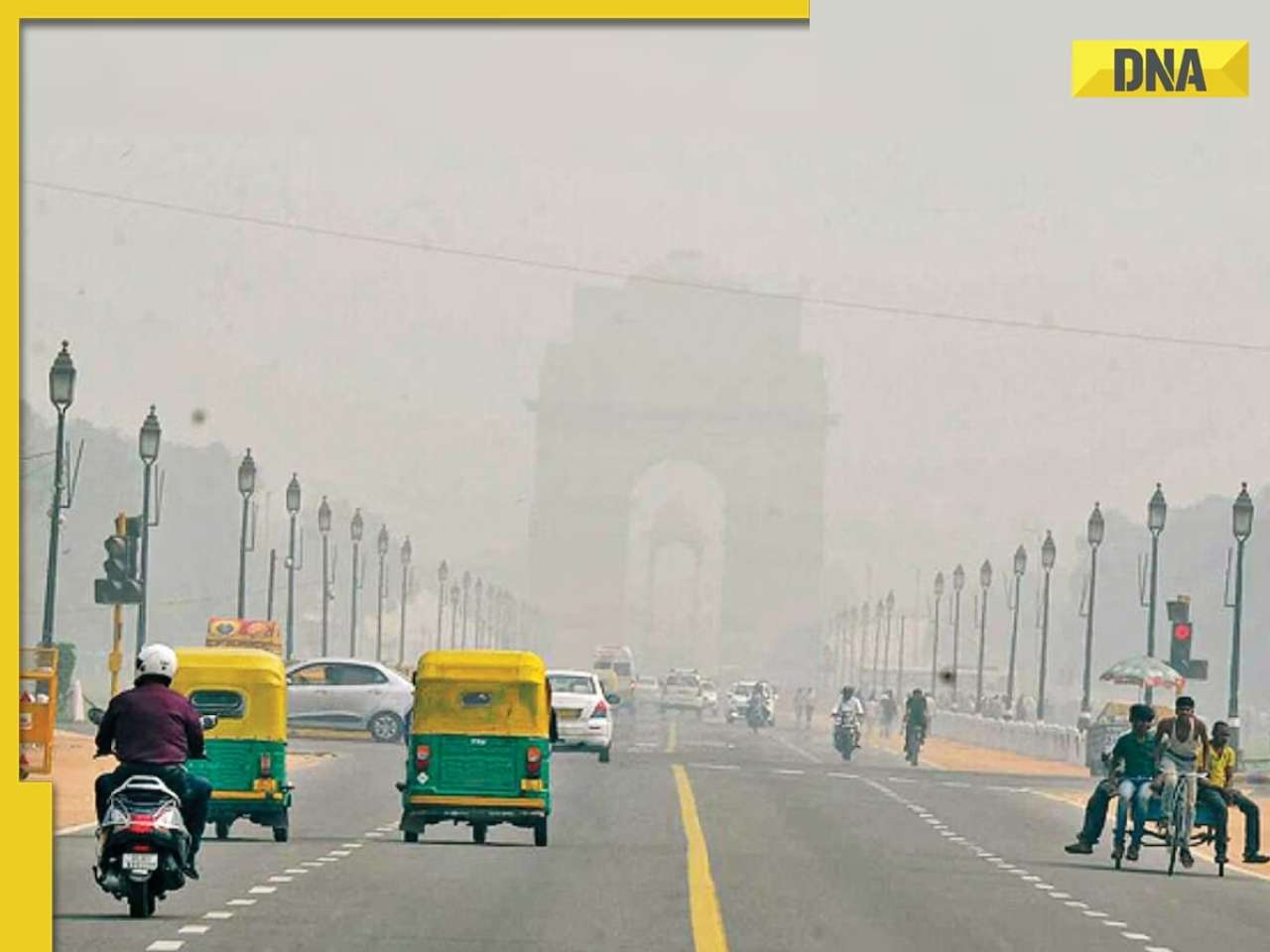





)
)
)
)
)
)
)
)
)
)
)
)
)
)
)






